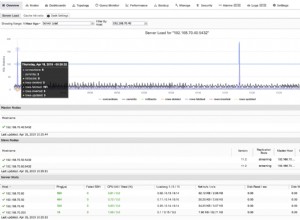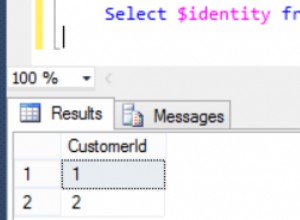w zależności od źródła danych mysql i sposobu ich przechowywania, czy nie możesz ich pobrać i po prostu dodać do zmiennej $message?
<?PHP
$query = "SELECT * FROM yourtable WHERE youridentifier = 'unique'"
$result = mysql_query($query) or die(mysql_error());
while ($row = mysql_fetch_array($result)) {
$content = $row['field with email content']
// or if there is more than one field
$content2 = $row['field with more email content']
}
// then you can create the "message" as you wish
$message = "Greetings ".$content.",
you are receiving this email because of blah. ".$content2."
Thank you,
code guy"
// Then you can still use $message as your variable
}
?>
sformatuj go tak, jak ty (HTML lub nie, itp.) i wyślij e-mailem.
dla wielu wierszy zmień trochę czasu w górę.
<?PHP
// give your message the starting string
$message = 'Greetings,
you are receiving this email as an invoice as follows:
<table style="width: 80%;">
<tr>
<td>Description</td>
<td>Cost</td>
<td>Weight</td>
<td>Color</td>
</tr>
'
$query = "SELECT * FROM yourtable WHERE youridentifier = 'unique'"
$result = mysql_query($query) or die(mysql_error());
while ($row = mysql_fetch_array($result)) {
$message .= " <tr>";
$message .= " <td>".$row['itemdescription']."</td>";
$message .= " <td>".$row['cost']."</td>";
$message .= " <td>".$row['shippingweight']."</td>";
$message .= " <td>".$row['color']."</td>";
$message .= " </tr>";
}
// then update the message with the ending
$message .= "
</table>
Thank you,
code guy"
// Then you can still use $message as your variable
}
?>
Zakłada się, że używasz e-maili w formacie HTML, w przeciwnym razie będzie to tylko sformatowany tekst.




